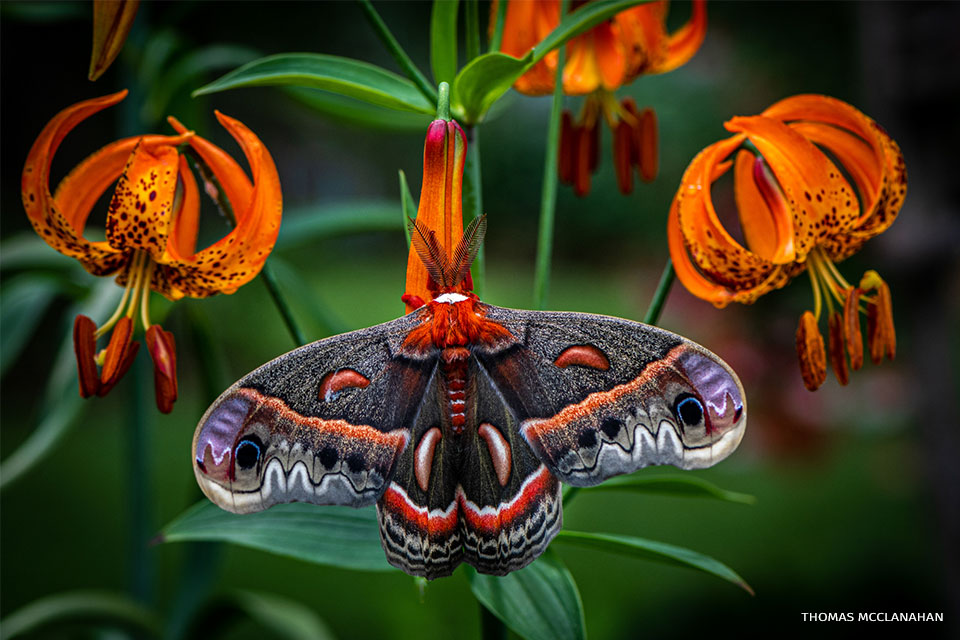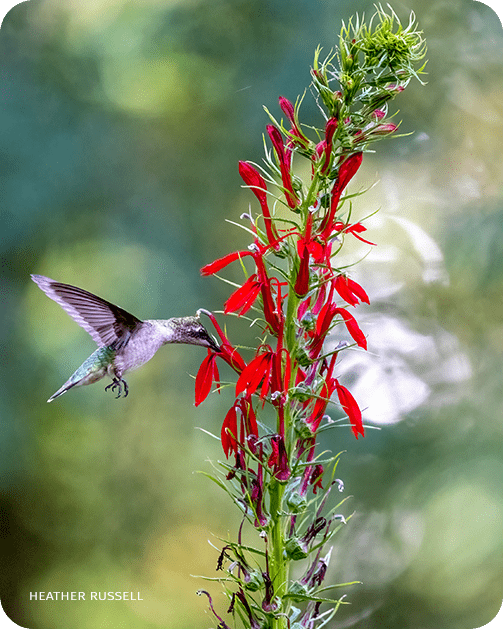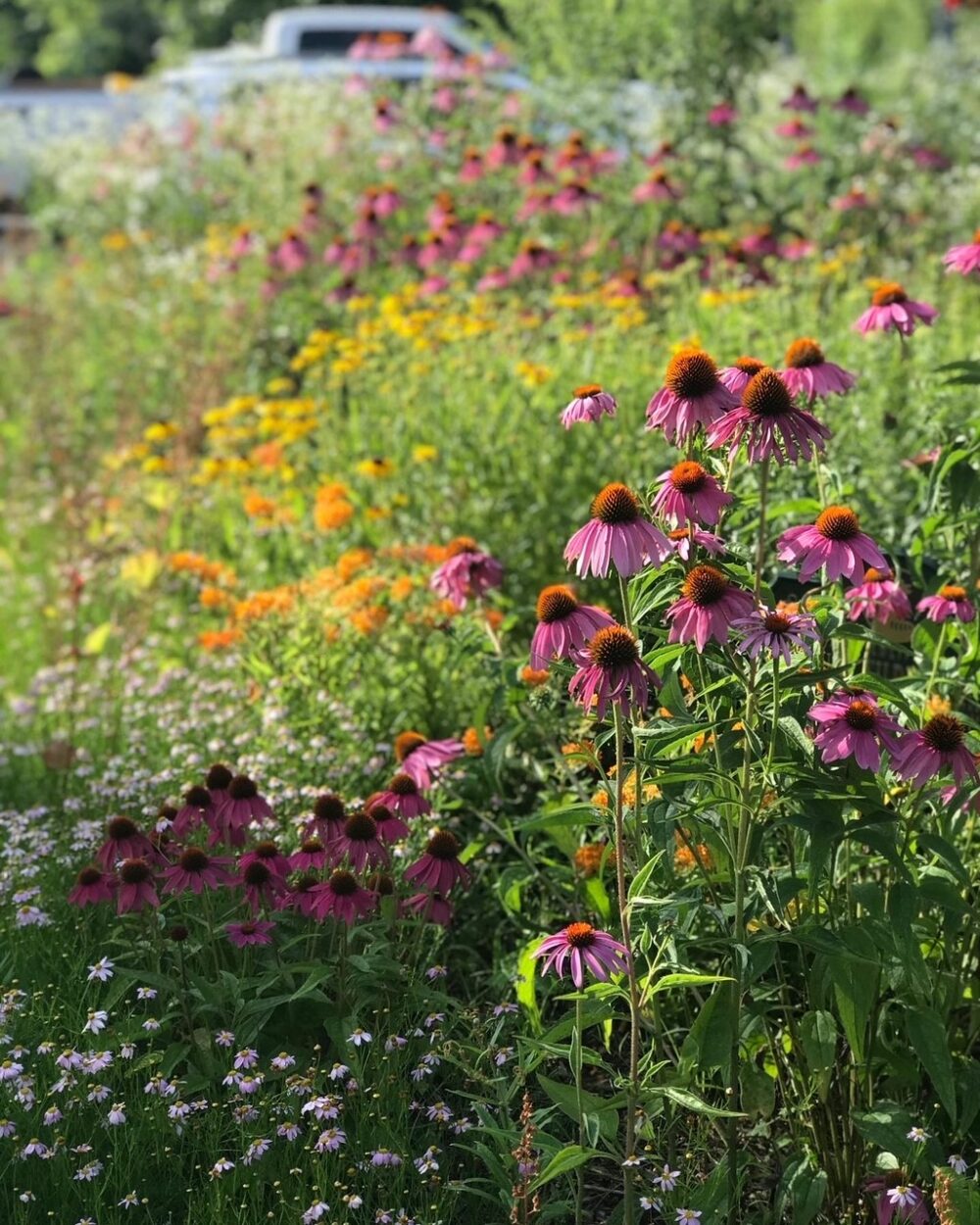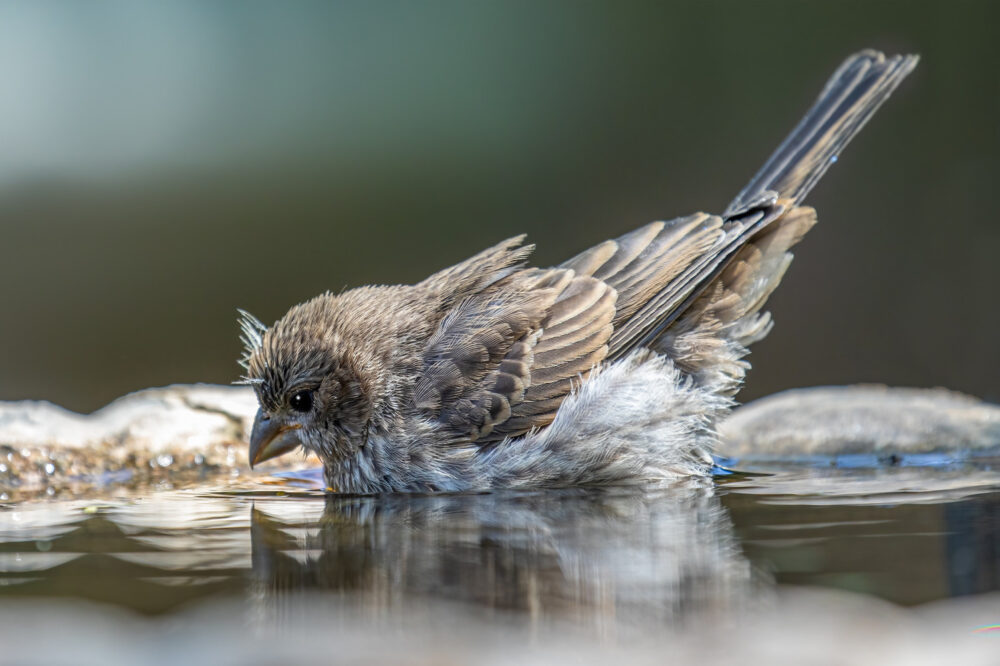We have much more to do and your continued support is needed now more than ever.
Bees Find Better Habitat in Urban Jungle than Farm Country
What do you think about when hear the word “pollinators?”
Images of honey bees or bumble bees come to mind for most. Many of us urban and suburbanites have an idyllic image of bees and butterflies in the countryside. Something like this…
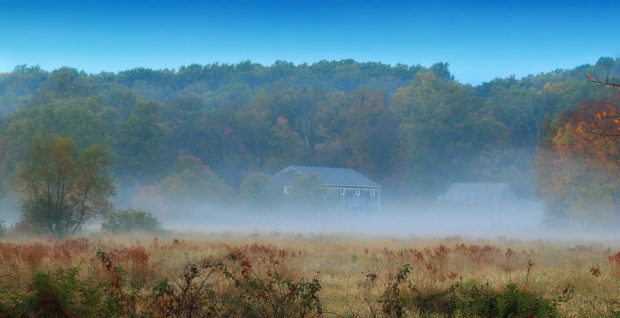
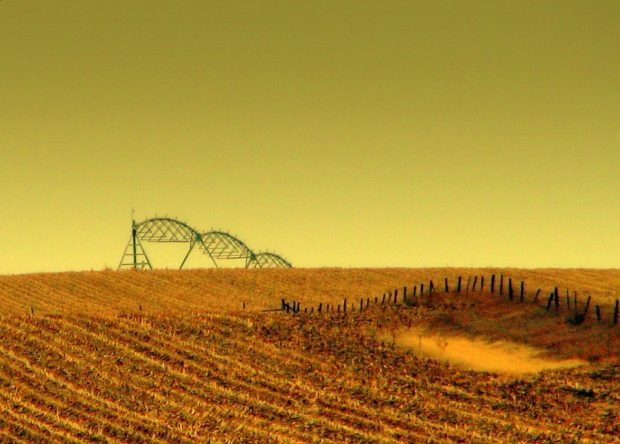
Dr. Deepa goes on to say, “While concreting over the countryside may appear to be bad news for nature, we’ve found that progressive urbanization may be much less damaging than intensive agriculture,” she said.
Consider some of these pollinator gardens in our nations urban areas:
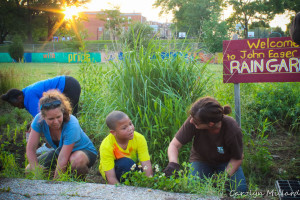
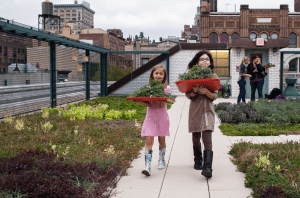
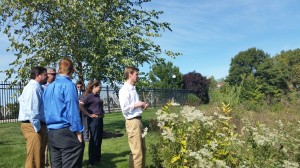
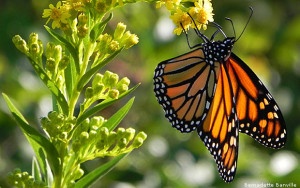
Here in the U.S. there is a real movement underway in our urban and suburban areas to help provide habitat for our nation’s smallest wildlife – pollinators.
One Million Pollinator Gardens
The White House has launched a new national strategy to address the decline of honey bees and other pollinators. In response to this strategy the National Wildlife Federation and our partners founded the National Pollinator Garden Network and launched the Million Pollinator Network Challenge with a goal of planting 1,000,000 pollinator gardens in urban and suburban areas by the end of 2016.
Cities and Communities Making a Difference
City governments are already stepping up to help pollinators, including the monarch butterfly. St. Louis Mayor Francis Slay has been a champion for the monarch butterfly and launched a successful and growing Milkweeds for Monarchs program. Austin Mayor Steve Adler and the Austin City Council recently passed a resolution to get more milkweed planted on city properties and launched a pollinator challenge. Alpharetta, GA, is joining the Million Pollinator Challenge as well, encouraging its residents to create habitat within the community.
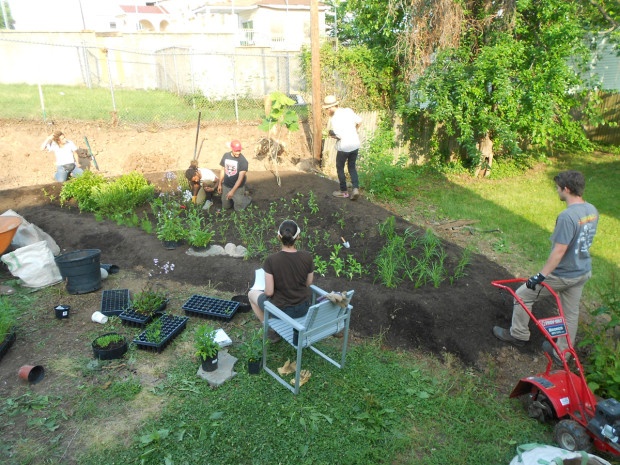
Join the Movement
We need YOUR HELP to reverse the troubling decline of pollinators by creating pollinator habitat where you live, work, learn, play and/or worship. Please join the 150,000+ Americans who are part of the National Wildlife Federation’s Garden for Wildlife movement and access resources through Facebook, our Wildlife Promise blog and our website.
![]() Certify your pollinator habitat so it is counted in the Million Pollinator Garden Challenge. Already certified? Then rally your entire neighborhood or city to get certified through the NWF Community Wildlife Habitat program.
Certify your pollinator habitat so it is counted in the Million Pollinator Garden Challenge. Already certified? Then rally your entire neighborhood or city to get certified through the NWF Community Wildlife Habitat program.
WE NEED FARM COUNTRY TOO!
To reach the scale of habitat restoration needed to turn the tide for monarchs and other pollinator species, we will need cooperation from urban, suburban, and rural landowners and land managers. We must all do our part. Combining our work in urban and suburban areas with restoration of habitat on public lands; utility, highway and railroad right of ways; hobby farms; stream buffers; edges of crop fields; rangelands; and on the 26 million acre Conservation Reserve Program; we can provide the acres of habitat needed to help insects that pollinate our food crops and those in steep decline, such as the monarch.
















